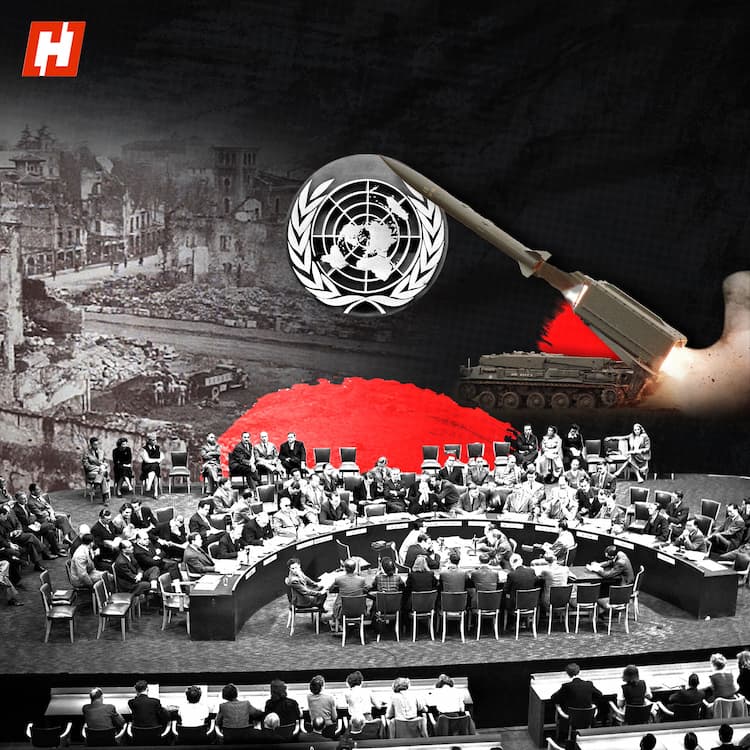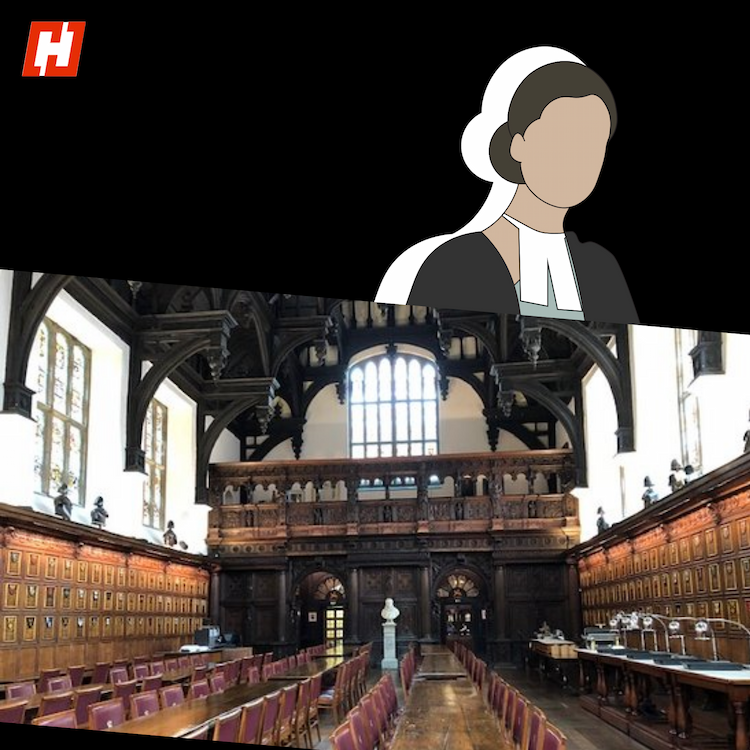Thailand and Cambodia are on the brink of all-out war. Tensions have been simmering since May and on Thursday, Thailand and Cambodia engaged in their bloodiest military clashes since 2011. And the dispute finds its origins, not in religion, not in race but a map - created in 1907 during French colonial rule in Cambodia. Cambodia uses it, Thailand disputes it.
Tanks, artillery and ground forces clashed over an area known as the Emerald Triangle, where the borders of both countries and Laos meet. The Thais even scrambled F-16 jets to hit military targets across the border after Cambodia fired rockets and shells.
The question of who started the latest skirmish remains as both nations accused each other for firing first. The Thai Health Ministry confirmed that 15 people were killed - 14 civilians and one soldier - with 46 wounded, including 15 troops. Furthermore, the Thai Interior Ministry said more than 100,000 people from four border provinces had moved to nearly 300 temporary shelters. As of this report, it is not clear if there are Cambodian casualties.
Reason behind the Thailand-Cambodia conflict
To no one’s surprise, the dispute between Thailand and Cambodia is a direct result of the fallout of European colonial rule. French colonial rule to be exact.
Cambodia was once a great regional power. But by the late 18th century it faced existential threats from Vietnam and Thailand, then called Siam. Siamese and Vietnamese forces clashed in Cambodia. The ensuing warfare devastated the country and decimated its population. In a desperate move, Cambodian King Norodom Sihanouk sought out French protection and in 1863 signed a treaty with France, making Cambodia a protectorate.
For context - a protectorate is a state that is controlled and protected by another against aggression but largely enjoys autonomy over most of its internal affairs.
Cambodia though for all intents and purposes became a French colony by the end of the 19th century. In 1907, a map drawn by France as part of the Franco-Siamese treaty resulted in vagueness over the ownership of an area which stretches for 800+ km or 500+ miles. After French rule ended in 1953, a fight for the disputed territory erupted.
Diplomatic methods failed to resolve the issue and the matter ended up in the International Court of Justice. In 1962, the ICJ ruled in favour of Cambodia in the case concerning the Temple of Preah Vihear, stating that the temple and its vicinity belonged to Cambodia. Cambodia formally took possession of the temple in 1963. Even today, Thailand does not accept the court’s jurisdiction and hence its ruling. Thailand and Cambodia went at it again between 2008 and 2011, but a UN court ruling in 2013 settled the matter for over a decade.
Also watch: Will a leaked phone call lead to the downfall of Thailand’s youngest Prime Minister?
How can the Thailand-Cambodia border clash be resolved?
Current diplomatic relations between Thailand and Cambodia are at the lowest level. Both nations withdrew their respective ambassadors whilst expelling the other's envoy. There have been calls from the international community to immediately de-escalate tensions and get back to the negotiation table.
Experts suggest that China is the only viable external mediator because it has direct leverage over Cambodia and also Thailand. However, given China is more closely aligned with Cambodia, it’s unlikely that Bangkok will go for it.
Also watch: China props up rival SAARC bloc with Bangladesh and Pakistan as India watches
Furthermore, neighbouring countries too may be opposed to the idea given concerns about China’s aggressive positions in the region.
The United Nations Security Council is due to hold an emergency meeting on Friday to discuss the ongoing crisis.





